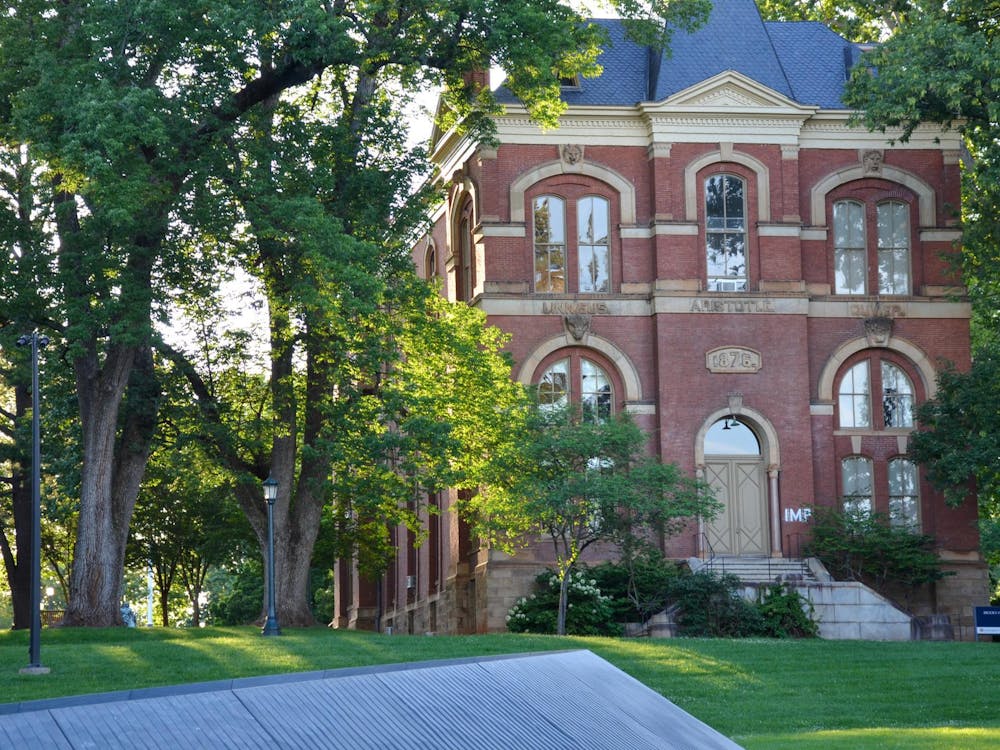Republicans are likely to use their hold on state government to continue a policy of marginal changes in appropriations for higher education and tuition cost controls, legislators said.
New House of Delegates Speaker Vance Wilkins (R-24th) said funding concerns "may very well be justified," but that state funding generally should be increased for specific reasons, not simply to increase funding.
"There has to be a reason for it to go up," Wilkins said.
Any funding increases should be tailored to help schools achieve prominence in certain academic areas, he said.
He added that spending projects should benefit the community as well, such as research funding for the Medical School.
But Democrats said they support more substantial increases in higher education appropriations.
"We can't continue to have a great [higher education] system without added resources," Del. James Paul Councill Jr. (D-75th) said.
Del. Mitch Van Yahres (D-57th) said appropriations should be increased to make up for recession-inspired cuts earlier in the decade.
"Most states rose taxes in the recession," Van Yahres said. "We didn't."
He said the issue would be debated "very heavily."
Despite the party differences, Councill said he did not see a reason for a battle.
Although Van Yahres said he had mixed emotions about tuition cuts, Councill and Wilkins expressed support for tuition controls begun under former Gov. George Allen (R) and continued by Gov. James S. Gilmore III's (R) administration.
"We have to keep education affordable," Wilkins said.
According to Councill, the freeze on tuition for institutions of higher education and their costs has widespread support in the General Assembly.
"I think everyone would like to see tuition stay the same," he said.
Both delegates said they would wait to make specific budgetary suggestions until Gilmore submits his budget Dec. 17 to General Assembly subcommittees.
University budget statistics show state appropriations have been flat over the past decade and decreased as a percentage of revenue from 27.7 percent in 1986 to 13.6 percent last school year.
Increasing private contributions over the same period have decreased the University's dependence on the state, President John T. Casteen III said.
But Casteen said state appropriations still are "insufficient," leading to problems retaining faculty and making the University less competitive in rankings.
"Rankings are fairly constant, but public universities whose states have restored their budgets and then added more are moving upward rapidly," he said.
Physics Prof. Louis A. Bloomfield said the science departments have lost "a number of good faculty" because of low salaries.
Bloomfield said the University could continue to fall in rankings.
In this year's U.S. News & World Report rankings, the University slipped from the No. 1 public school to second, behind UC-Berkeley.
Bloomfield said rebuilding the school's academic reputation would be difficult once it slipped because good faculty would go to more prestigious schools and be hard to win back.
"The road downhill is easy," he said. "Once you lose your best people, it's almost unfixable."






